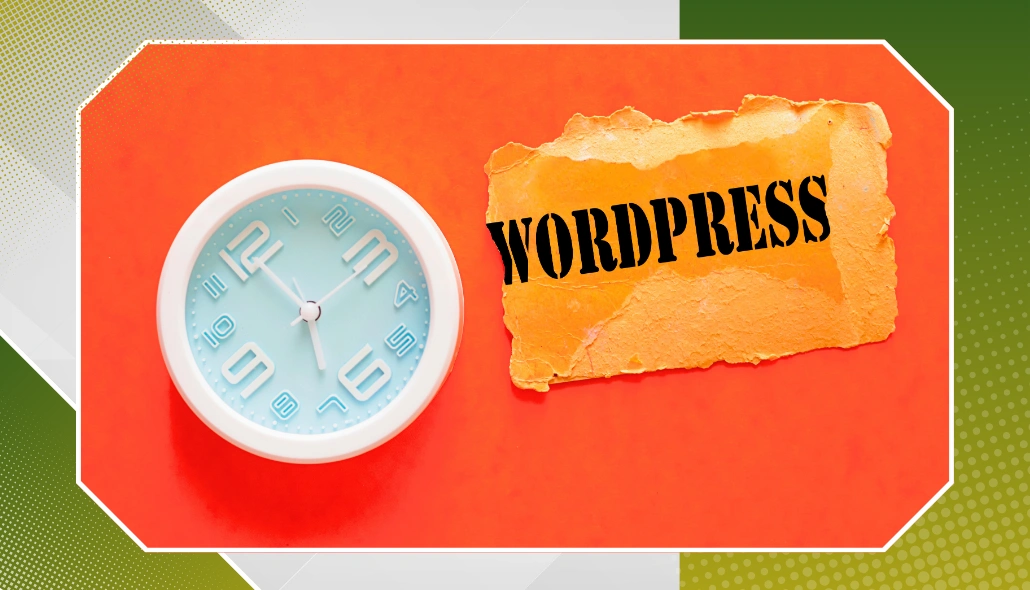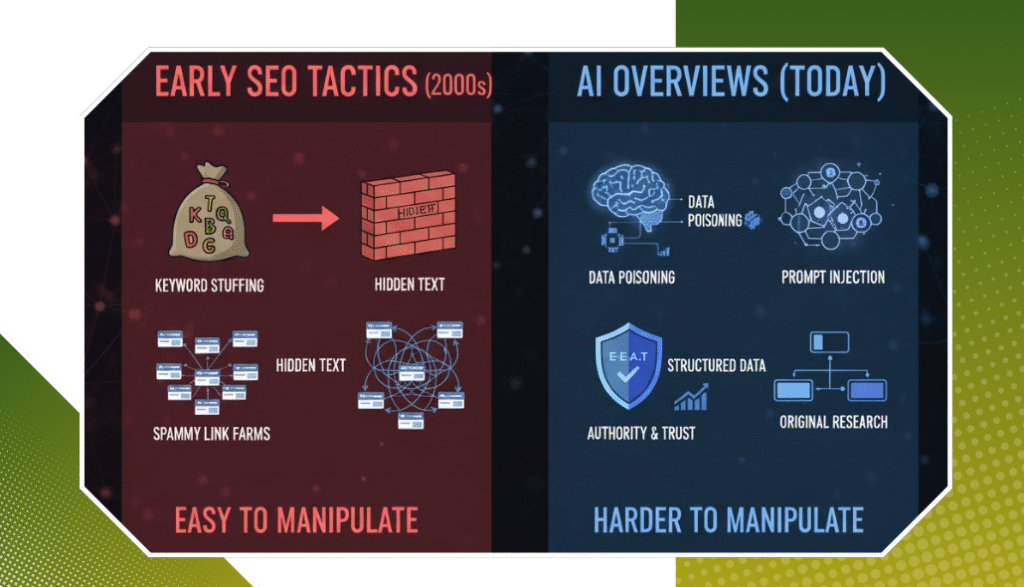The speed of your WordPress site directly affects how long visitors stay on your site, where you rank on search engine results, how many people take action on your site (like making a purchase or signing up), and the overall success of your business.
The right plugins can make a huge difference in improving your site’s performance. We’ve put together a list of must-have plugins for 2024 that will help speed up your website. These tools cover everything from caching and image optimisation to database cleanup and security enhancements.
Let’s explore these game-changing plugins that will give your WordPress site the competitive edge it needs.
Why Website Performance Matters for WordPress Sites
Website speed directly impacts user behaviour and business success. Research shows that 53% of mobile users abandon sites that take longer than 3 seconds to load. Fast-loading websites create positive first impressions, keeping visitors engaged and reducing bounce rates.
Google’s Core Web Vitals measure crucial aspects of user experience:
- Largest Contentful Paint (LCP): Loading speed
- First Input Delay (FID): Interactivity
- Cumulative Layout Shift (CLS): Visual stability
These metrics influence search rankings, making site speed optimisation essential for SEO success.
A well-optimised WordPress site delivers additional benefits:
- Improved server resource management
- Reduced hosting costs
- Enhanced scalability during traffic spikes
- Lower carbon footprint through efficient resource usage
- Competitive edge in user retention
Sites achieving optimal performance scores consistently outperform slower competitors in both user engagement and conversion rates.
Here are the essential plugins that can transform your WordPress site into a fast and efficient platform:
- Caching Plugins: These plugins store static versions of your web pages, reducing the time it takes to load them for returning visitors.
- Image Optimisation Plugins: These tools compress and resize images without sacrificing quality, resulting in faster loading times.
- Database Cleanup Plugins: These plugins remove unnecessary data from your database, improving its efficiency and speed.
- Security Enhancement Plugins: These tools protect your site from threats and vulnerabilities, ensuring it runs smoothly without any disruptions.
Key Features to Look for in Performance Plugins
Selecting the right performance plugins for your WordPress site requires understanding essential features that directly impact site speed and user experience. Here’s what to prioritise:
Caching Capabilities
- Page caching to serve static HTML
- Browser caching for recurring visitors
- Object caching for database queries
- Mobile-specific caching options
Resource Optimisation
- CSS/JS minification and combination
- HTML compression
- GZIP compression support
- Lazy loading implementation
Advanced Configuration Options
- Custom cache exclusions
- Cache preloading
- Device-specific settings
- Debug mode for troubleshooting
Compatibility
- Support for popular themes
- Integration with security plugins
- eCommerce platform compatibility
- Multilingual site support
Performance Monitoring
- Real-time statistics
- Cache hit ratio tracking
- Server response time metrics
- Mobile vs desktop performance data
These features form the foundation of effective WordPress performance optimisation. The best plugins combine multiple optimisation techniques while maintaining user-friendly interfaces and reliable support systems.
Image Optimisation Plugins
Large image files can slow down your website significantly. Just one unoptimised image could add several seconds to your page load time, which might drive away potential visitors.
Popular Image Optimisation Solutions:
- Smush Pro: This plugin offers bulk optimisation of images, automatic compression on upload, lossless compression to maintain quality, WebP image conversion, and lazy loading capabilities.
- Lazy Load by WP Rocket: This plugin defers the loading of off-screen images, reduces initial page load time, is compatible with most themes, allows customisable loading threshold, and supports native lazy loading.
These plugins work quietly in the background to make your images smaller without losing quality. Smush Pro has the ability to reduce image sizes by up to 70%, while Lazy Load ensures that visitors only download images as they scroll, resulting in a faster and smoother browsing experience.
File Optimisation Plugins
File optimisation is crucial for website speed. Every CSS, JavaScript, and HTML file your site loads adds valuable milliseconds to loading time. File optimisation plugins directly address this issue by reducing file sizes and optimising load sequences.
Autoptimise is great at:
- Minifying and aggregating CSS
- Compressing JavaScript
- Optimising HTML code
- Rendering critical CSS inline
- Removing unnecessary code
Perfmatters offers specialised features:
- Managing scripts for selective loading
- Prefetching DNS
- Optimising preconnect
- Removing unused WordPress features
- Hosting analytics locally
These plugins work in conjunction with caching solutions to create a powerful performance stack. Autoptimise takes care of technical file optimisation, while Perfmatters fine-tunes WordPress core functions for maximum speed improvements.
Database Cleanup & Optimisation Plugins
Your WordPress database accumulates unnecessary data over time – post revisions, spam comments, trashed items, and transient options. This digital clutter slows down your website’s performance and bloats your database size.
WP-Optimise stands out as a powerful solution for database maintenance:
- Automatic cleanup of post revisions, auto-drafts, and spam comments
- Optimisation of database tables to reduce overhead
- Scheduling options for regular maintenance
- Built-in image compression capabilities
- Database size analysis and reporting
- Safe cleanup with backup options
The plugin’s intuitive interface makes it easy to identify and remove unnecessary data. Regular database optimisation through WP-Optimise can reduce query times, improve page load speeds, and maintain optimal site performance.
For larger websites, WP-Optimise’s premium version offers multisite support and advanced optimisation features like lazy loading and caching integration.
CDN Integration & Security Enhancements
A Content Delivery Network (CDN) is a powerful tool for your WordPress site. It works by distributing your content across multiple servers around the world, ensuring faster delivery to users. But that’s not all – a CDN also provides an extra layer of security against online threats.
Why Choose Cloudflare as Your CDN Solution?
Cloudflare is one of the top choices when it comes to CDN solutions. Here’s why:
- Global Server Network: With over 275 data centres worldwide, Cloudflare automatically distributes your content, reducing server response time.
- Security Features: Cloudflare offers free SSL certificate automation, DDoS attack mitigation, Web Application Firewall (WAF), and a bot protection system to keep your site safe.
- Performance Optimisation: Cloudflare uses smart file compression, DNS management, automatic image optimisation, and browser cache configuration to boost your site’s performance.
By incorporating a CDN such as Cloudflare into your WordPress website, you get to experience two principal advantages: extremely fast content delivery and high-grade security protection. Together, they form a secure performance layer that guarantees the smooth functioning of your website irrespective of the situation.
Combining Plugins for Maximum Performance Gains
Strategic plugin combinations can multiply your WordPress site’s performance gains. The key lies in selecting complementary tools that work harmoniously without creating conflicts or unnecessary resource overhead.
Recommended Plugin Combinations:
Caching + Image Optimisation
- WP Rocket + Smush
- W3 Total Cache + Imagify
- WP Fastest Cache + Lazy Load
Database + File Optimisation
- WP-Optimise + Autoptimise
- Advanced Database Cleaner + Perfmatters
Best Practices for Plugin Integration:
Start with Core Functions
- Install the caching plugin first
- Add image optimisation second
- Implement file minification last
Test Performance Impact
- Measure site speed before each new plugin
- Monitor server resource usage
- Check for JavaScript conflicts
Avoid Redundant Features
- Disable overlapping functions
- Use single plugins for specific tasks
- Remove unused plugin components
Common Plugin Conflicts to Watch:
- Multiple caching plugins running simultaneously
- Competing image optimisation tools
- Duplicate minification processes
A balanced approach focuses on essential plugins that complement each other. Regular performance testing helps identify the most effective plugin combinations for your specific WordPress setup.
Conclusion
The correct selection of WordPress plugins is capable of changing the behaviour of your website in 2024. Every plugin we’ve discussed plays a vital part – from caching to image optimisation, cleaning up the database to improving security. These plugins work together to develop an improved, faster website with better search engine rankings and a superior user experience.
Ready to take your WordPress site to the next level? Implement these must-have plugins and watch your site’s performance soar for expert guidance on optimising your WordPress website and achieving top search engine rankings. Contact us at Rankingeek Marketing Agency. Let’s build faster, more successful websites together.




